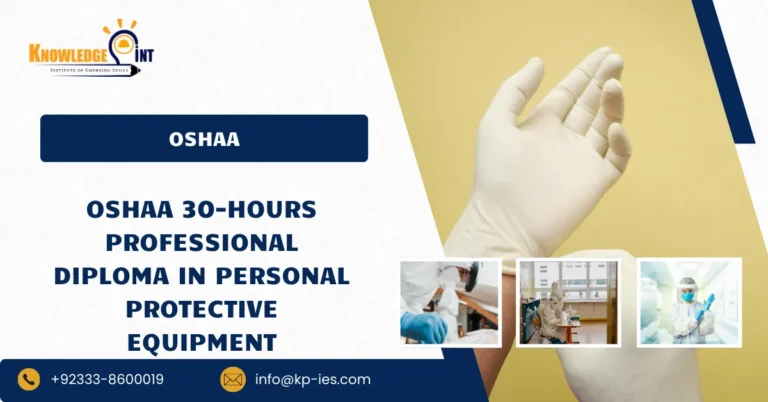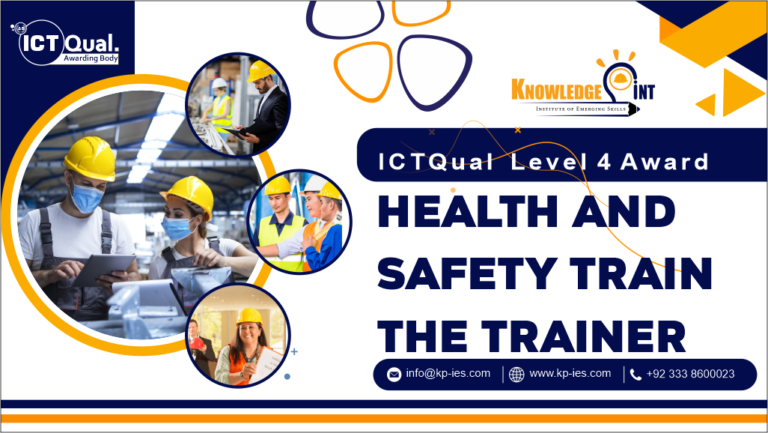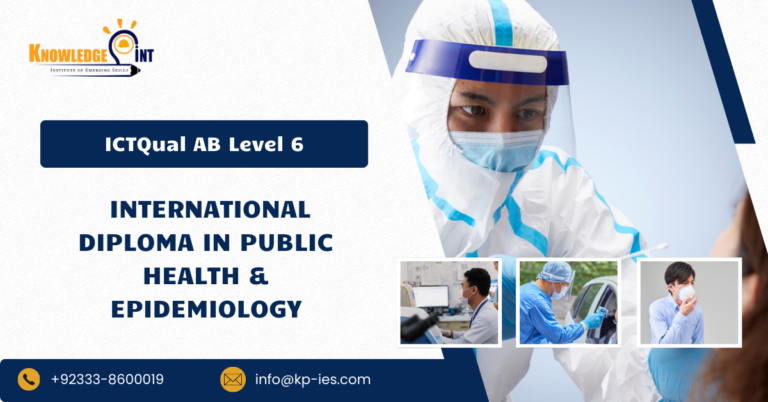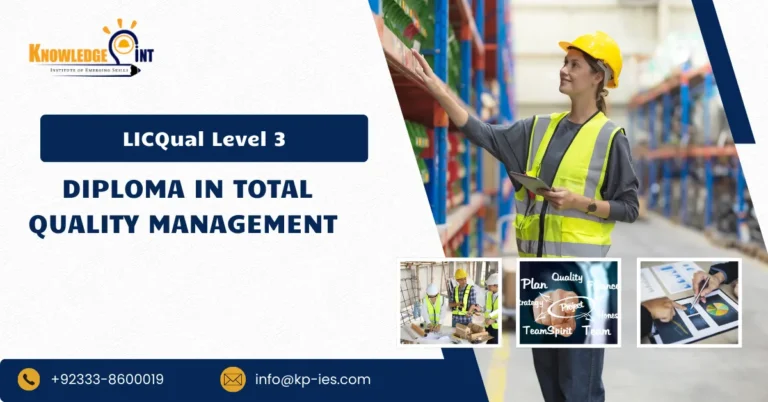LICQual Level 7 International Diploma
Occupational Health and Safety
Awarding Body
LICQual
Credits
120 Credits
Course
Health & Safety
study mode
Online Learning
Course overview
The LICQual Level 7 International Diploma in Occupational Health and Safety is a high-level professional qualification designed to equip learners with advanced knowledge and practical skills for managing health and safety in a wide range of organisational and international contexts. This diploma focuses on developing a comprehensive understanding of occupational health and safety principles, legal frameworks, and risk management strategies. It enables learners to implement effective health and safety systems that align with international standards, supporting organisational compliance and the prevention of workplace incidents.
Through this programme, learners gain both theoretical insight and applied competence in occupational health and safety management. Key areas of study include hazard identification and risk assessment, safety management systems, incident investigation, emergency preparedness, and monitoring and reviewing safety performance. The course also addresses occupational health issues, human factors, safety culture, and regulatory responsibilities, ensuring learners can manage risks proactively while maintaining operational efficiency and workforce wellbeing.
The LICQual Level 7 International Diploma in Occupational Health and Safety is ideal for managers, supervisors, safety officers, and professionals seeking to progress into senior health and safety roles. On completion, learners are equipped to develop, implement, and manage effective health and safety policies, support legal compliance, and promote a positive safety culture. This qualification enhances professional credibility, improves organisational safety performance, and demonstrates advanced competence in occupational health and safety practice.

Approved Training centre of LICQual Uk
Centre # : ATC24002

Entry Requirments
Entry Requirements for the LICQual Level 7 International Diploma in Occupational Health and Safety:
- Educational Qualifications:A recognised Level 5 or Level 6 qualification in Occupational Health and Safety or a related discipline.Alternatively, an equivalent international or professional qualification relevant to health and safety management
- Professional Experience:Relevant work experience in occupational health and safety, ideally in a supervisory or management role.
- English Language Proficiency:Since the program is delivered in English, learners must show competence in reading, writing, and communication.
Course structure
The LICQual Level 7 International Diploma in Occupational Health and Safety in Personal Protective Equipment qualification consists of 6 mandatory units.





